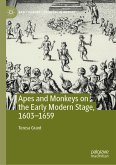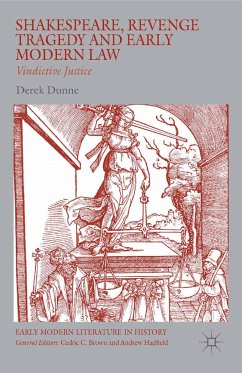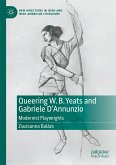Defining class broadly as an identity categorization based on status, wealth, family, bloodlines, and occupation, Intersectionalities of Class in Early Modern English Drama e xplores class as a complicated, contingent phenomenon modified by a wider range of social categories apart from those defining terms, including, but not limited to, race, gender, religion, and sexuality. This collection of essays - featuring a range of international contributors - explores a broad range of questions about the intersectional factors influencing class status in early modern England, including how cultural behaviors and non-class social categories affected status and social mobility, in what ways hegemonies of elite prerogatives could be disrupted or entrenched by the myriad of intersectional factors that informed social identity, and how class position informed the embodied experience and expression of affect, gender, sexuality, and race as well as relationships to place, space, land, and the natural and civic worlds.
Ronda Arab is Associate Professor of English at Simon Fraser University, Canada. She is the author of Manly Mechanicals on the Early Modern English Stage (2011) and The Bonds of Love and Friendship in Early Modern English Literature (2021), and co-editor of Historical Affects and the Early Modern Theater (2015).
Laurie Ellinghausen is Professor of English at the University of Missouri-Kansas City, USA. Her previous publications include L abor and Writing in Early Modern England, 1567-1667 (2008) and Pirates, Traitors, and Apostates: Renegade Identities in Early Modern English Writing (2018). She is also the editor of Approaches to Teaching Shakespeare's English History Plays (2017).
Dieser Download kann aus rechtlichen Gründen nur mit Rechnungsadresse in A, B, BG, CY, CZ, D, DK, EW, E, FIN, F, GR, HR, H, IRL, I, LT, L, LR, M, NL, PL, P, R, S, SLO, SK ausgeliefert werden.









